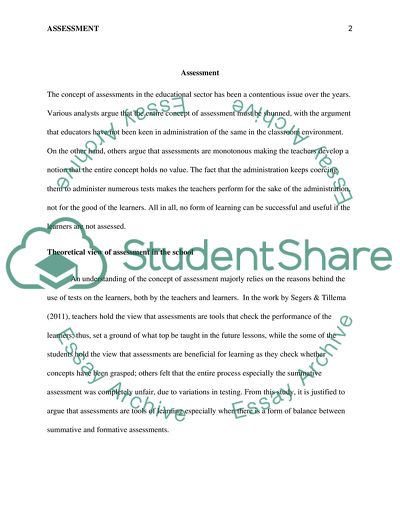Cite this document
(“Assessment Essay Example | Topics and Well Written Essays - 1500 words - 2”, n.d.)
Retrieved from https://studentshare.org/education/1595581-assessment
Retrieved from https://studentshare.org/education/1595581-assessment
(Assessment Essay Example | Topics and Well Written Essays - 1500 Words - 2)
https://studentshare.org/education/1595581-assessment.
https://studentshare.org/education/1595581-assessment.
“Assessment Essay Example | Topics and Well Written Essays - 1500 Words - 2”, n.d. https://studentshare.org/education/1595581-assessment.


